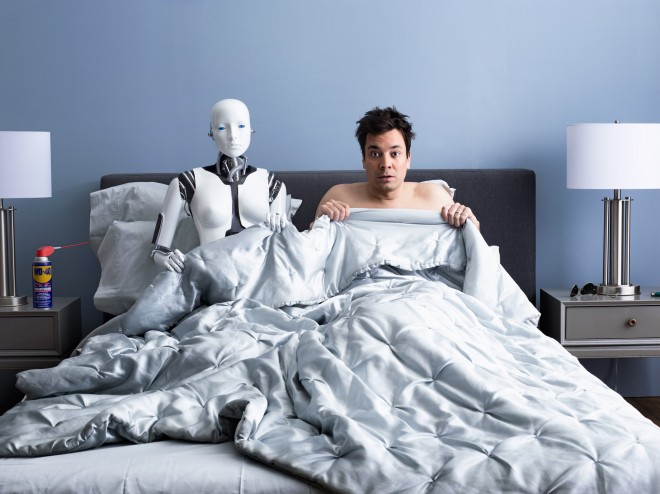
“It was tempting to dismiss the disquiet about the future as a timeless part of human nature. Maybe, as Horowitz suggests, it came from our desire for an external event to unleash personal change. Or as a reaction against living in a world of constant change (source).”
This is an interesting read as I sit here drinking my coffee on the tip of a new year.
It’s hard to believe you’d have an economy at all if you gave pink slips to more than half the labor force. But that—in slow motion—is what the industrial revolution did to the workforce of the early 19th century. Two hundred years ago, 70 percent of American workers lived on the farm. Today automation has eliminated all but 1 percent of their jobs, replacing them (and their work animals) with machines. But the displaced workers did not sit idle. Instead, automation created hundreds of millions of jobs in entirely new fields.
[…]
This is not a race against the machines. If we race against them, we lose. This is a race with the machines. You’ll be paid in the future based on how well you work with robots. Ninety percent of your coworkers will be unseen machines. Most of what you do will not be possible without them. And there will be a blurry line between what you do and what they do. You might no longer think of it as a job, at least at first, because anything that seems like drudgery will be done by robots.
We need to let robots take over. They will do jobs we have been doing, and do them much better than we can. They will do jobs we can’t do at all. They will do jobs we never imagined even needed to be done. And they will help us discover new jobs for ourselves, new tasks that expand who we are. They will let us focus on becoming more human than we were.
Let the robots take the jobs, and let them help us dream up new work that matters.
Wired: Better Than Human
